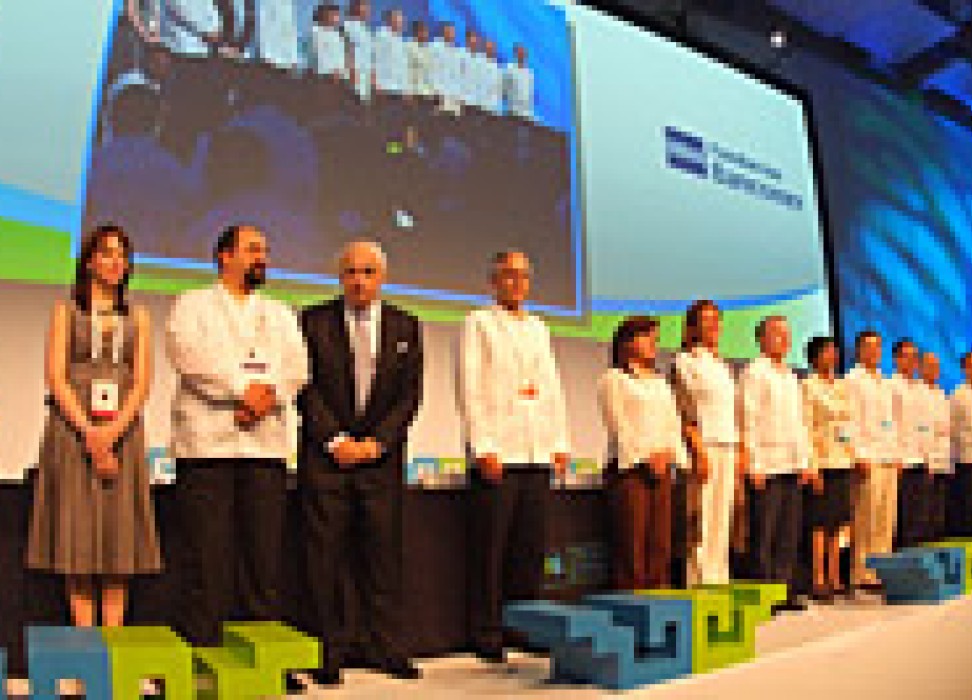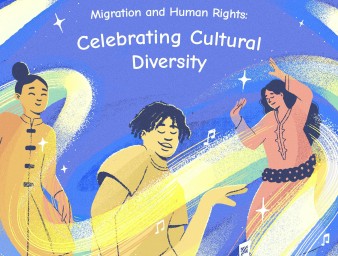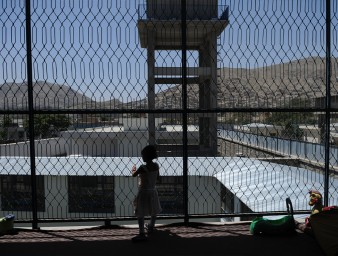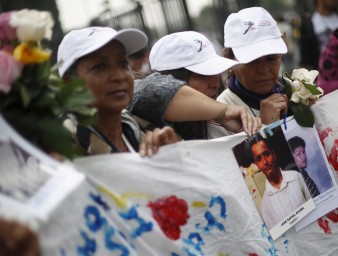Migration: a global governance issue
09 November 2010

The message from UN Secretary-General Ban Ki-moon to the Global Forum on Migration Development in Mexico notes that the meeting coincides with a fragile recovery of the world economy. But, he says, “The effects of the multiple crises of 2008 are still being felt not least by the 214 million international migrants.”
Delivered by UN Human Rights Chief Navi Pillay, the current chair of the Global Migration Group (GMG), the statement warns that rising unemployment has spurred discrimination. “For millions of international migrants, life has become more treacherous.”
The GMG brings together 14 UN agencies, the International Organization for Migration and the World Bank. Both the GMG and the Global Forum were established in 2006 to find solutions to the many complex issues arising from global migration.
Speaking at an event coinciding with the Forum and held to commemorate the 20th Anniversary of the International Convention on the Protection of the Rights of All Migrant Workers and Members of their Families, High Commissioner Pillay identified protection of migrants and regulation of migration as central issues of governance round the world.
105 million economically active people are living outside their countries, the High Commissioner said recalling estimates from the International Labour Organization (ILO). Migration today is a feature of international labour and skills mobility, she said.
The High Commissioner paid tribute to migrants who have managed to establish themselves in unfamiliar territories and who make significant economic, cultural and social contributions in their new communities and in their countries of origin.
Pillay pointed out, however, that despite a comprehensive body of law to protect migrants, they remain particularly vulnerable to a range of abuses and irregular migrants even more so, often suffering denial of access to their most basic rights.
“This is also the occasion to call for the strengthening of anti-discrimination measures everywhere,” she said.
States must use all available means to combat racism and xenophobia, perpetrators of abuses must be prosecuted and communities introduced through human rights education to the principles of common values, respect and tolerance. “This is the minimum effort encumbent upon all countries,” Pillay said, “whether countries of origin, transit or destination, so as to prevent a new resurgence of xenophobia in the future.”
The Human Rights Commissioner is the chair of the Global Migration Group for the second half of 2010 and has made the promotion and protection of the human rights of all migrants, particularly irregular migrants, the centerpiece of her tenure. In September, in a landmark statement, the GMG principals called for the protection of all migrants in irregular situations.
9 November 2010




